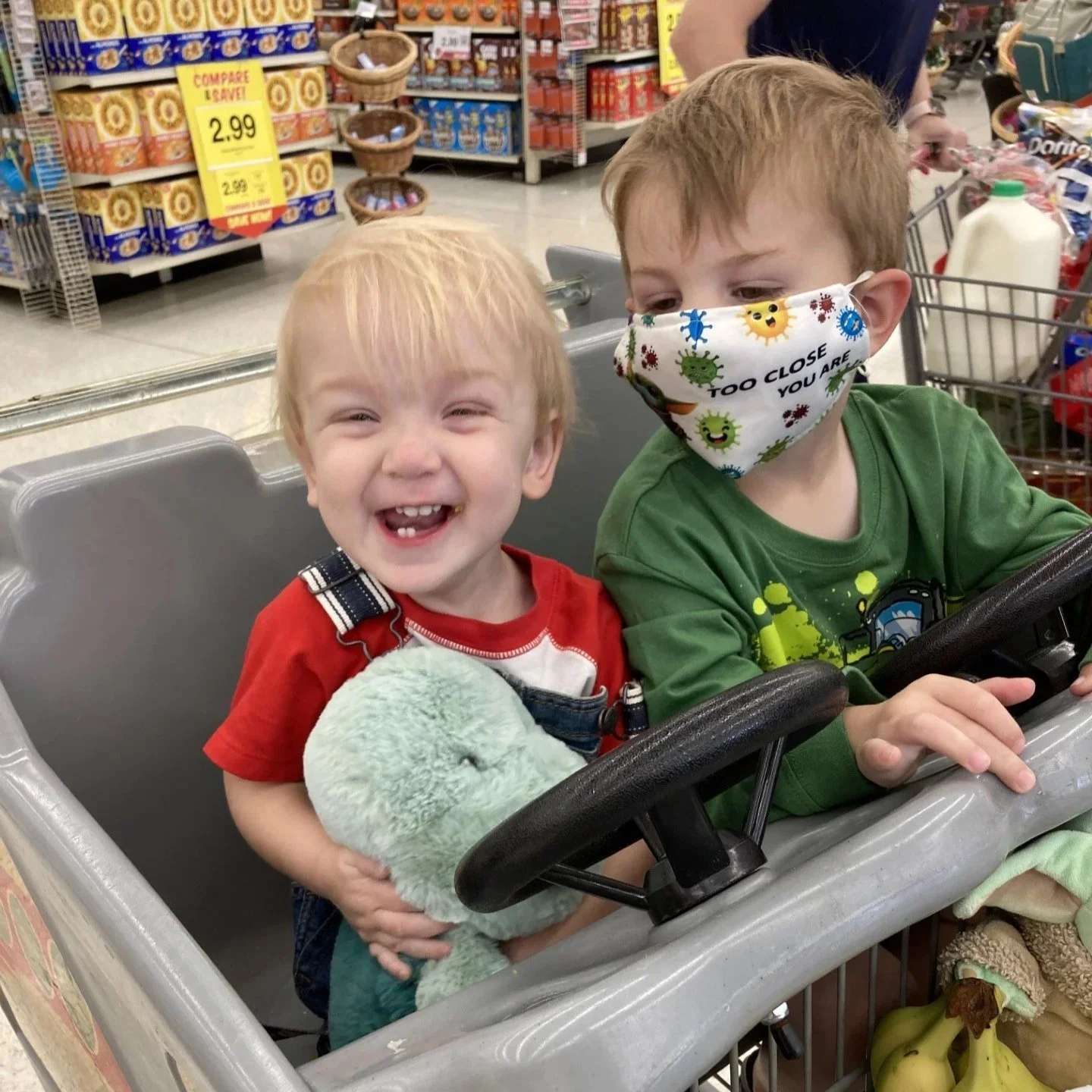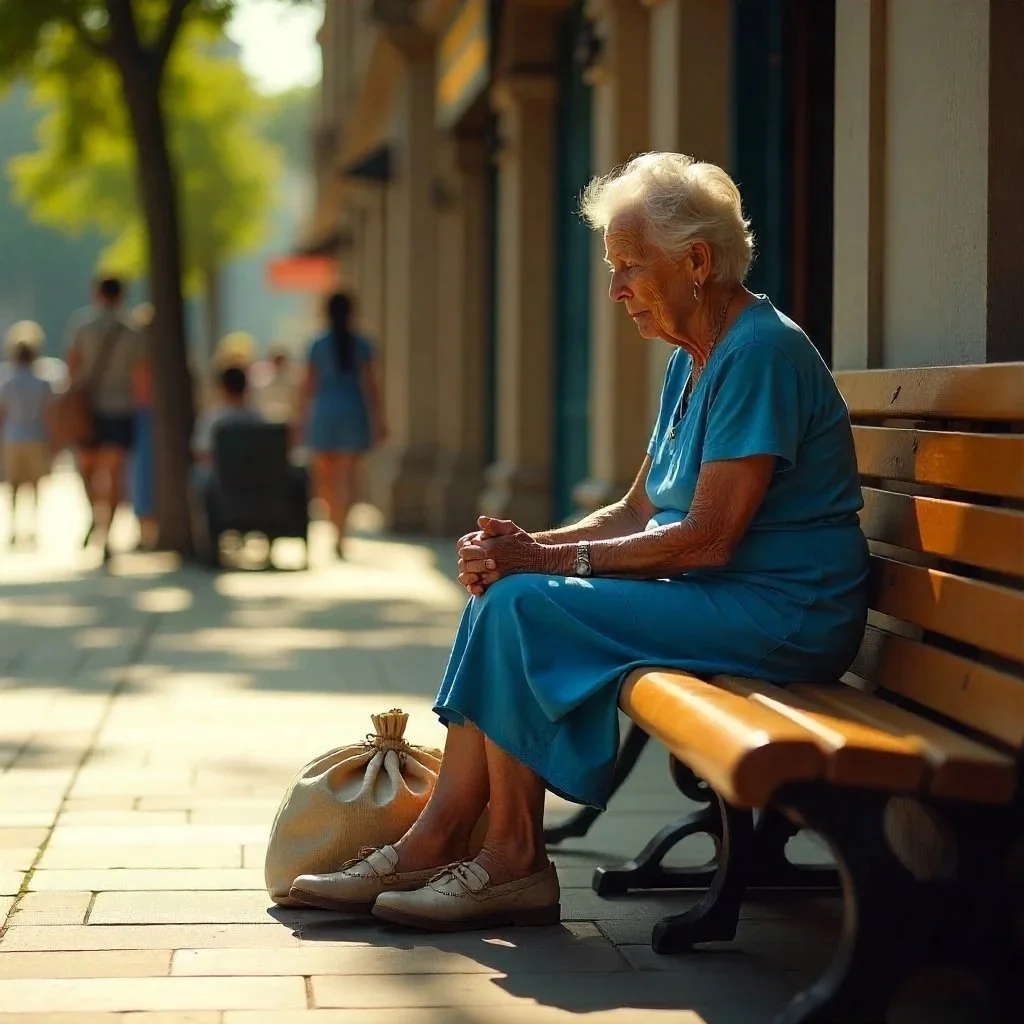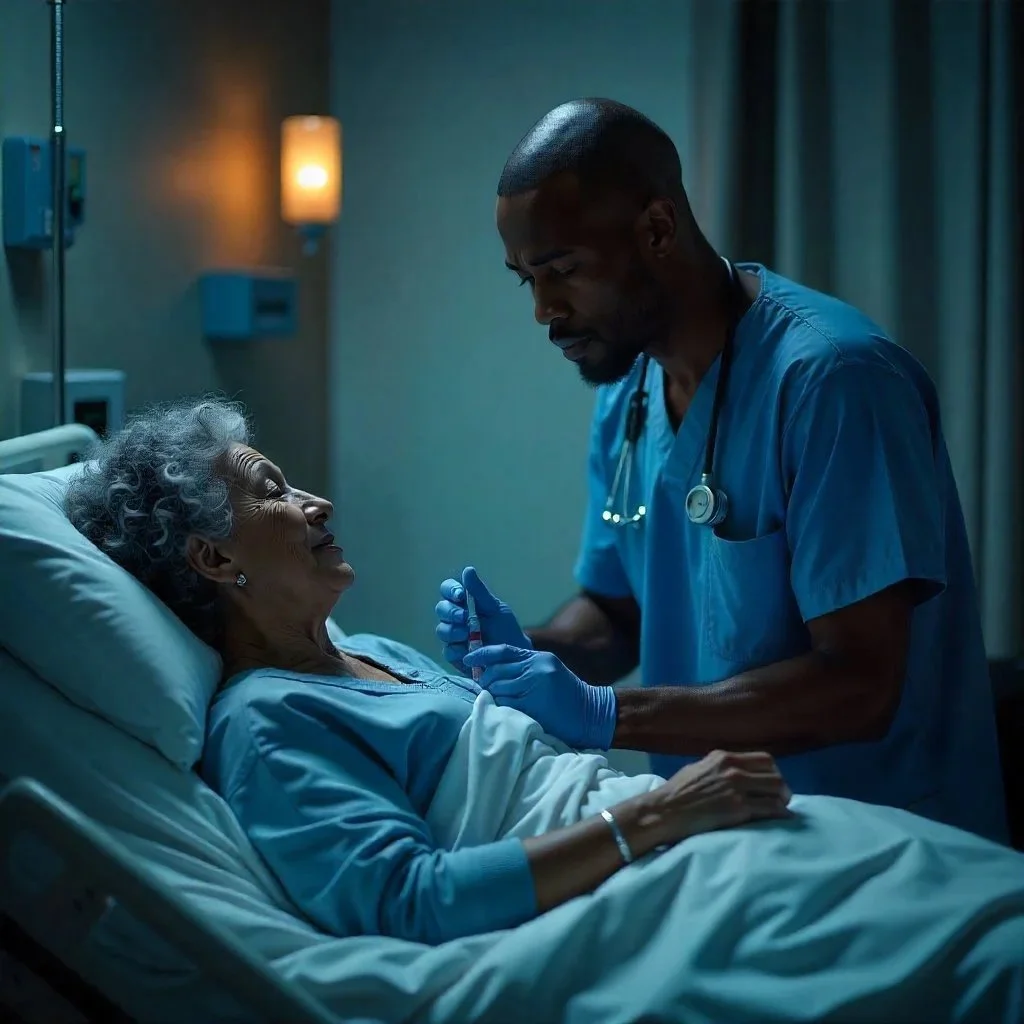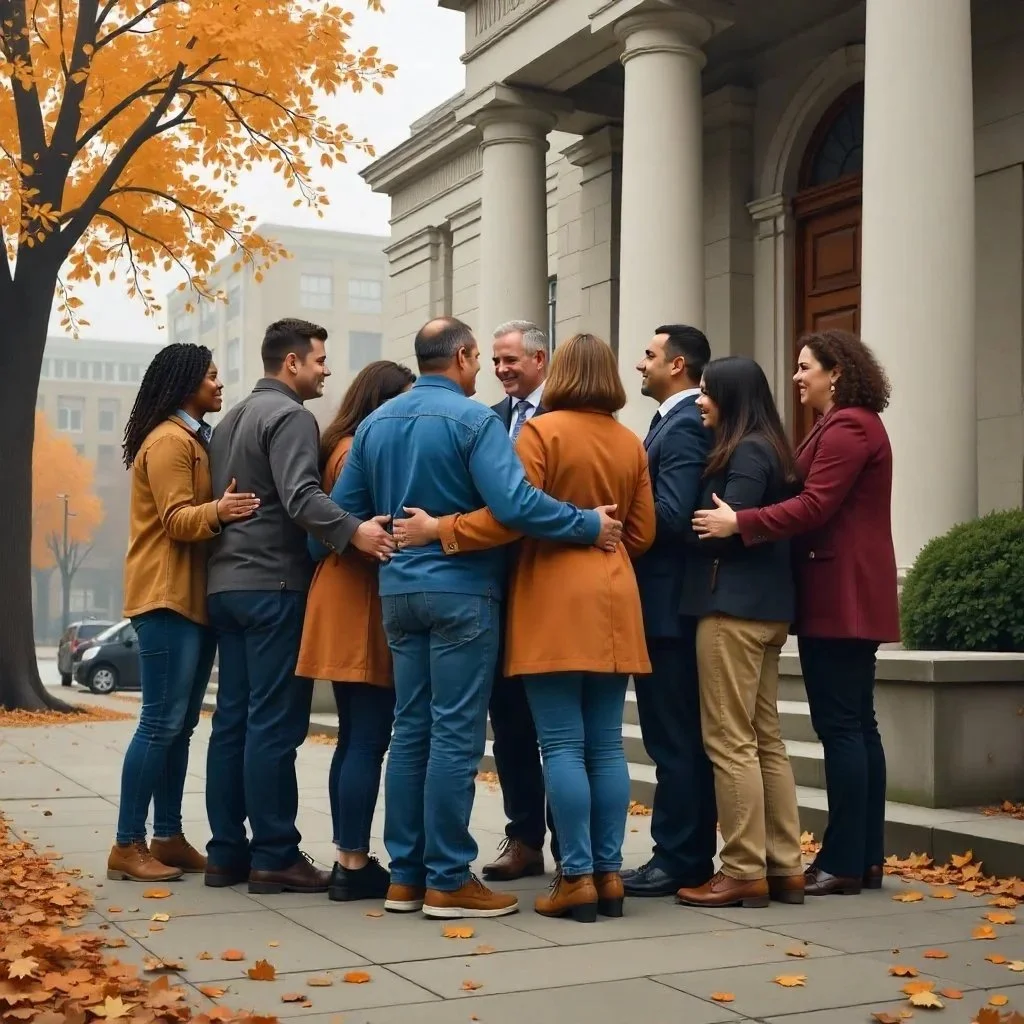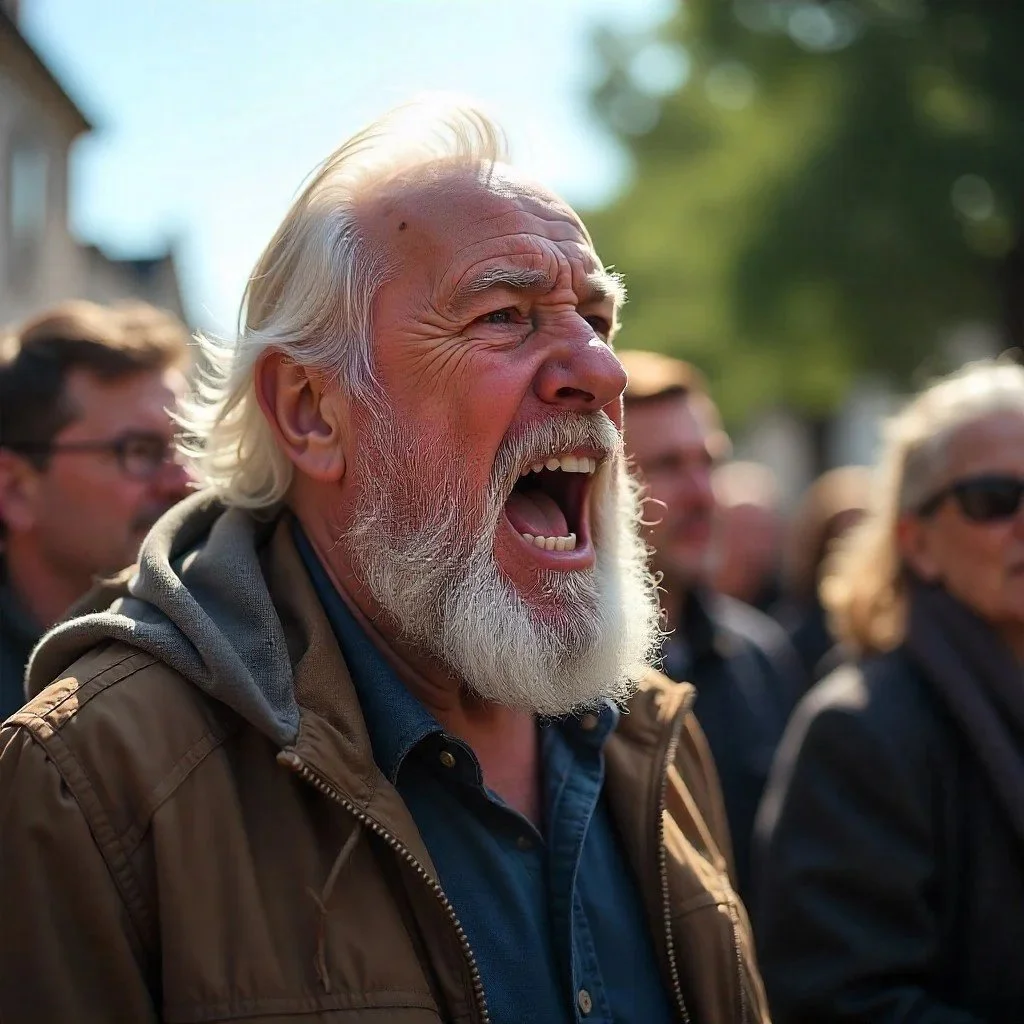Stuck With our Kids
(& our parents)
Written by Rev. Dr. Scott Paczkowski
“A wise son makes a glad father, but a foolish person despises one’s mother.”
Every generation of white Americans thinks they grew up in the best time. I believe I grew up in the best time because I had the freedom to get on my bike in the morning and not show up until dinner. We had three channels on a grainy television set. From the outside, it appeared the family sat down together for dinner with nary a problem. A perfect family life certainly wasn’t true, but it somehow felt safer and more innocent.
Even if our childhoods were not as angelic as our young minds remember, at least we retained a certain sense of innocence and optimism. You cannot say that today. Caitlin Gibson, in her article, “It’s a scary time to be growing up. But teens and parents are bonding over that.” In an age of innocence, kids ran around without fear. We felt we could take on the world, and parents were often just in the way. Now, according to Gibson, a surprising unintended consequence from this pandemic, children began interacting with their parents in more meaningful and intentional ways.
When you are stuck in a house together for months, you are forced to interact and endure life together. Soon, children and parents began supporting each other, recognizing the challenges the other was facing. In case you cannot remember why it is a challenging time for kids, Gibson reminds you, “There are plenty of reasons both generations might feel this is a particularly difficult time to be a high schooler: the prevalence of gun violence, the persistence of systemic racism, the specter of police brutality, the pressures of social media, the volatility of contemporary politics and, of course, the enduring stress of the pandemic.”
Gibson’s articles share discussions of youth about their parents. They discuss how their parents remain strong and don’t “sugarcoat” life’s challenges. Instead, these parents share a complex relationship with their children in which they need each other to survive. For many families, it will bond them closer together than they might have otherwise. By the end of the pandemic, we just might find God’s Spirit to use this difficult moment to nurture familial growth in ways not possible if we were still living in “innocent” times.

